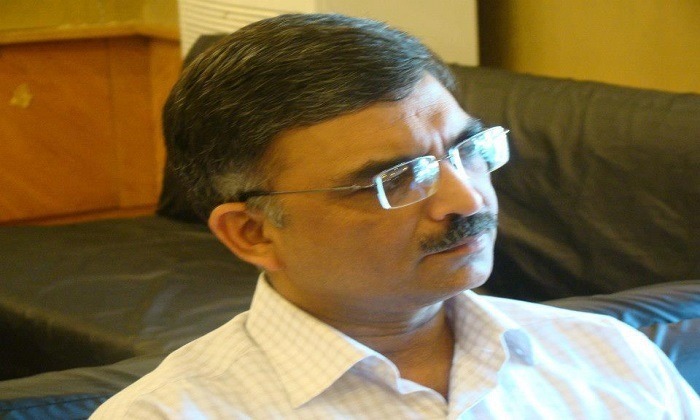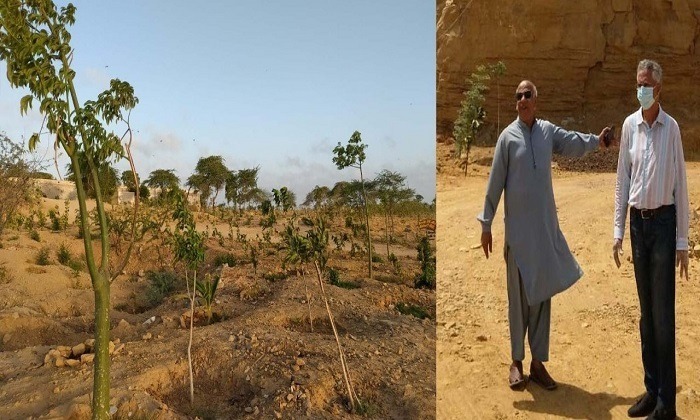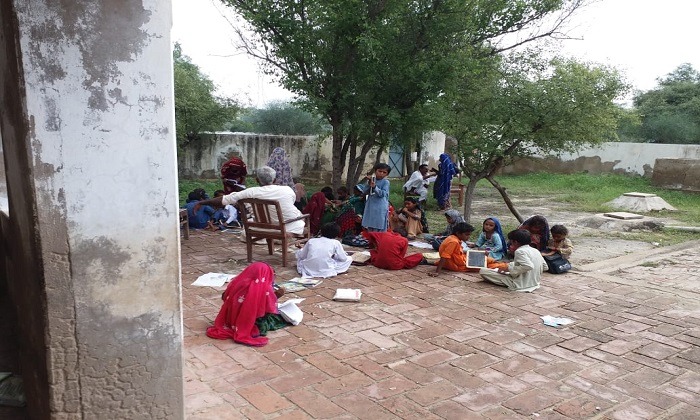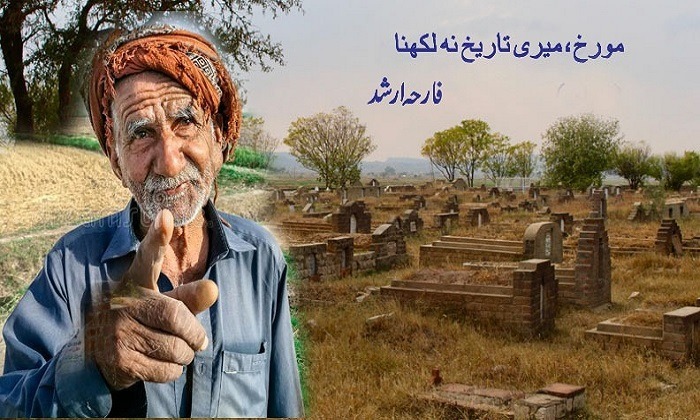Athar Jaffri experimenting different way of expression by challenging cliché-ridden poetry & poetic diction
By Zaib Azkaar Hussain
Karachi
In Urdu poetry, it is not an easy task to deviate from the past aesthetical values and reframe a fresh perspective of creation of poetry especially ‘ghazal’, ‘nazm’.’nazm-e-moa’ara’, ‘masnavi’, ‘ruba’aie’ and other creative expressions. Since the greats have set certain standards and way to deal with the matters either in technical terms (requiring mater rhythm) or the way to communicate or express poetic views and feelings. In such a situation and perception of framing poetic expression (in a way) it is indeed a great challenge to think and frame from a different position or to question the decided ways. However there are a few poets who dared to express their fresh feelings and coin fresh diction as well.
Though it is a long way to draw a conclusion on the success or failure of such poets, yet it is an appreciable act to review the cliche based poetry. Athar Jaffri is among the same poets who are creating relatively very fresh Urdu poetry and trying to experience a different way of expression by creating fresh diction in order to argue the cliche-ridden poetry and poetic diction.
As the experts say that if you have successfully created two different couplets of a 7-couplet based ‘ghazal’, you have made your mark beyond doubt and certainly Jafferi has made his mark as he has created very many such couplets and ‘ghazals’ as well. His couplets speak volumes for innovative skills and wise sense capturing fresh view of the issues and feelings depicted in his works. Unlike many of his contemporary poets. He is trying to evolve an understanding on creation of present time poetry in terms of matter and required aesthetic perspective.
One of his couplets questions the role of the poet and purpose of poetry in this context while stating “‘Kab talk chimti rhae gi zulf se mehboob ki
Kakole hasti k khole paich-o-kham ab shaairi.”
In his other couplets that have the same spirit he tries to explore a rather different dimension challenging the certain conception behind aesthetics. He holds in a resisting manner:
“Shor Zindane qalb mein Athar
Zeest ka aehtejaj hota hai”
Similar touch can be seen in some other couplet that say as follows:
“Sooraj ne sirf daikhi hai, kaati naheen hai shab
Jal jal ke uss ne daikh lo kia haal kar leya’
‘Be ant reh pe kirnon ko ye daal daite hein
Inn a’ainon mein aks na apna talash kar.”
Athar Jaffri has also presented ‘Na’at’, ‘Salam’, ‘Manqabat’ and also created very good poetry in poems and other forms of Urdu poetry. Some of his fantastic and mind-blowing lines on such formats can been seed as follows:
“Fakhre kun do jahan naheen Athar
Ik Muhammad (PBUH) hai naaz qudrat ka’
‘Larazta kese wo qalb Athar
Na dil mein kuch tha siwaaye Yazdan’
‘Jis ko shikast daine chali thi yazeediat
Tehzeeb ban chuki hai ussi be watan ki yaad’
‘Manga Nabi ke deen ni jab thaamne ko haath
Abbas ne jalaal mein dono atta keye.”
Most of the couplets of Athar Jaffri present amazingly nice diction with fresh under standing in terms of co-relationships between the phrases and meaning that at first blush seem an odd understanding but a deep examination of the lines would open up the meaning behind the scenes or the depth of undercurrents.
For instance following of his couplets having afresh view on life, understandings towards life, love, relationships and feelings can be examined in this regard:
“Hein a’ainon mein aks preshaan ye soch kr
A’akhir wo hasto bood k kis marhale mein hein’
‘Sar-e-sehra duhaaie de rahi thi
Ke khamoshi duhaaie de rahi thi’
Jalte huwe makaan se uthta raha duwaan
Aur log mangte rahe baarish ki bas dua’a’
In his three lines he Athar Jaffri has raised very good question on existence and to be existed in this ‘Nigaar-khana’ (world) in the context of ‘tamashaie’ (spectators or viewers) or ‘tamasha’ (something being viewed) by others.
“Iss nigaar khane mein
hamm kahan tamaashaie
Hamm to khud tamasha hein.”
Ends



